Kerala is seeing one of its worst Hepatitis A outbreaks, with over 1,900 confirmed cases and 12 deaths recorded in the first four-and-a-half months of this year. The virus is associated with poor hygiene and rising contamination of food and water resources in the state read more
)
Hepatitis A cases are on a rise in Kerala. Representative image. Pixabay
After West Nile fever, Kerala is grappling with another public health crisis — an outbreak of Hepatitis A. The viral infection primarily transmitted through contaminated food and water or close contact with an infected person, has raised concerns among health officials and the populace alike.
In the first four-and-a-half months, the state has already recorded 1,977 cases and 12 deaths, with officials worrying that this could be one of the worst outbreaks. State Health Minister Veena George on Wednesday issued an alert for four districts – Kozhikode, Malappuram, Thrissur and Ernakulam – from where the most number of cases are reported.
But why is this virus becoming a concern and who should remain vigilant? Let’s take a closer look.
How does Hepatitis A spread?
As per the US Centers for Disease Control and Prevention (CDC), the Hepatitis A virus (HAV) is highly contagious and can live for months in the environment without a host. It majorly affects your liver. It causes one’s liver to be acutely inflamed, which is what “hepatitis” means.
In some severe cases, the viral infection might also damage the liver cells creating the need for a transplant. Although rare, in worst cases it might also lead to death, Dr Piyush Ranjan wrote in The Indian Express.
Hepatitis A usually spreads in areas where sanitation is poor and food and water are frequently contaminated. As per WHO, waterborne Hepatitis A outbreaks are associated with the contamination of water supply with sewage containing infected stools. Such outbreaks were reported in Delhi in 1954 and Kanpur in 1988-90.
“HAV mainly spreads through the faeces of infected persons. In many places, leaky water pipelines get exposed to waste pipelines. This becomes glaring during the summer, when water supply becomes erratic,” Public health expert Dr N M Arun told The Indian Express, adding that the water quality in the state has reduced significantly in recent years.
Vengoor in Ernakulam district has been the worst affected district. Panchayat president Shilpa Sudheesh said the health department has found that the outbreak there was caused by contaminated water supplied by the state water authority. “There was no proper chlorination of the water,” she told The Indian Express.
Since 17 April, approximately 200 individuals in the district have been diagnosed with HAV infection. Within the panchayat, one fatality has been recorded, and currently, 41 individuals are hospitalised, with four of them in critical condition.
Hepatitis A can also pass through close person-to-person physical contact, leading to large outbreaks in individual communities, as per Cleveland Clinic. The Kerala health minister has directed officials to bolster their efforts in managing the rising virus menace.
“Directions have been issued to strengthen grassroots-level action plans in these districts. Water sources in all affected areas will be chlorinated, and restaurants have been told to supply only boiled water. Eateries will be inspected to ascertain whether all employees have mandatory health cards,” she was quoted as saying in The Indian Express report.
What are Hepatitis A symptoms?
As per Cleveland Clinic, here are 10 Hepatitis A signs that one should watch out for
1. Stomach pain, especially in the upper right quadrant
2. Loss of appetite
3. Nausea and vomiting
4. Diarrhoea
5. Weakness and fatigue
6. Fever
7. Jaundice (yellowing of your skin, nails, and eyes)
8. Joint pain
9. Itchy skin
10. Light-coloured stool and dark-coloured urine
According to the WHO, the incubation period of this virus ranges from 14 to 28 days. As reported by the Indian Express, doctors may recommend a prothrombin time (PT) test to assess clot formation time and levels of prothrombin, a liver-produced protein essential for clotting.
Hepatitis A sometimes relapses, meaning the person who just recovered falls sick again with another acute episode. This is normally followed by recovery.
Who is at risk and why?
Typically, Hepatitis A infections primarily occur in early childhood, and most children do not usually experience noticeable symptoms, with only 10 per cent developing jaundice, as per WHO.
The recent outbreak presents a unique challenge as Hepatitis A, which usually affects children under 15, is disproportionately affecting older individuals, who typically have lower immunity and are more prone to developing severe symptoms.
“A large number of people in Kerala, where dependence on catering services for food is widespread, are exposed to contaminated food. Besides, we have a vulnerable population due to pervasive lifestyle diseases and alcoholism,” explained to The Indian Express. He suggests that many of the individuals contracting the virus in Kerala might have acquired partial immunity from asymptomatic infections during their childhood.
Though Hepatitis outbreaks are common, it is particularly a concern for those with co-morbidities such as HIV or liver diseases due to weakened immune responses and slower recovery rates.
How to stay safe?
The way to save ourselves from this viral infection is by vaccinating ourselves against it. Individuals can receive either the standalone Hepatitis A vaccine or the combined vaccine containing both Hepatitis A and Hepatitis B. The Hepatitis A vaccine is typically administered in two doses, with the second shot given at least six months after the first. Meanwhile, the combined vaccine, suitable for individuals aged 18 and above, is administered in three doses over six months.
You can also follow some general hygiene protocols to save yourself from this infection such as:
1. Thoroughly wash your hands with soap and warm water before eating or drinking, and after using the restroom
2. Drink boiled water, as the water purifying machines do not filter viruses
3. Avoid street food or ice cubes in drinks in a restaurant because you do not know the source of the water frozen to form ice
4. Avoid eating peeled or raw fruit and vegetables in an area with low sanitation or hygienic standards
5. Keep your surroundings clean, and ensure proper disposal of waste and sewage within communities

 4 months ago
17
4 months ago
17

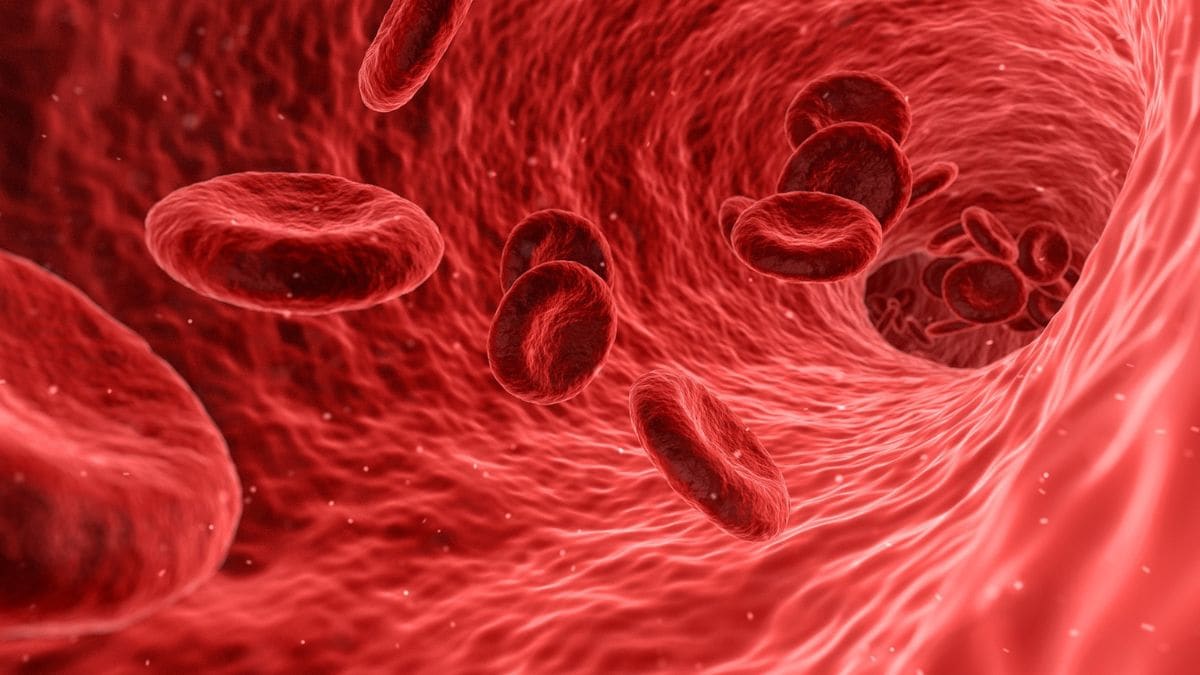
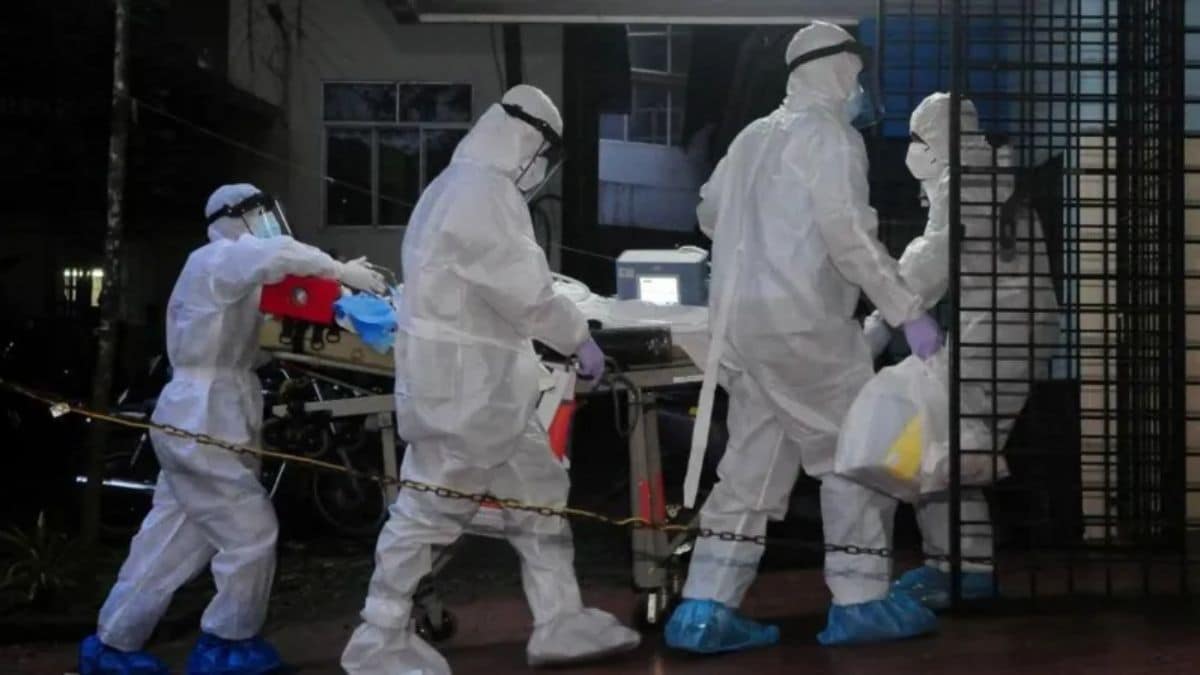
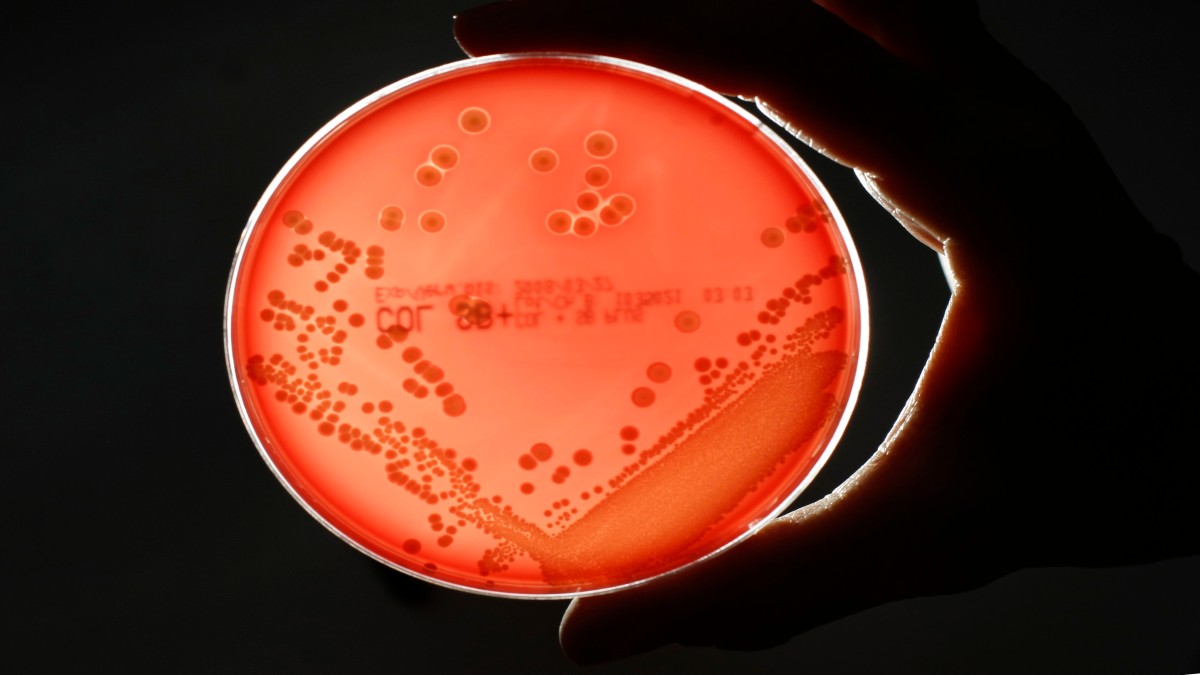



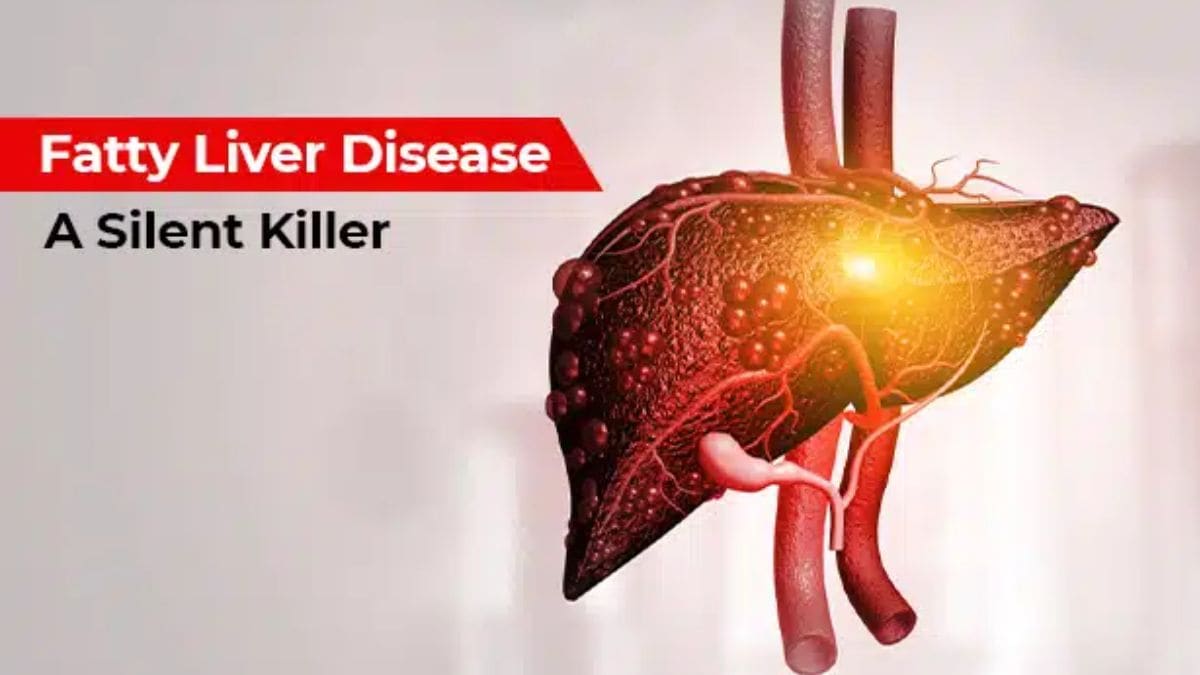

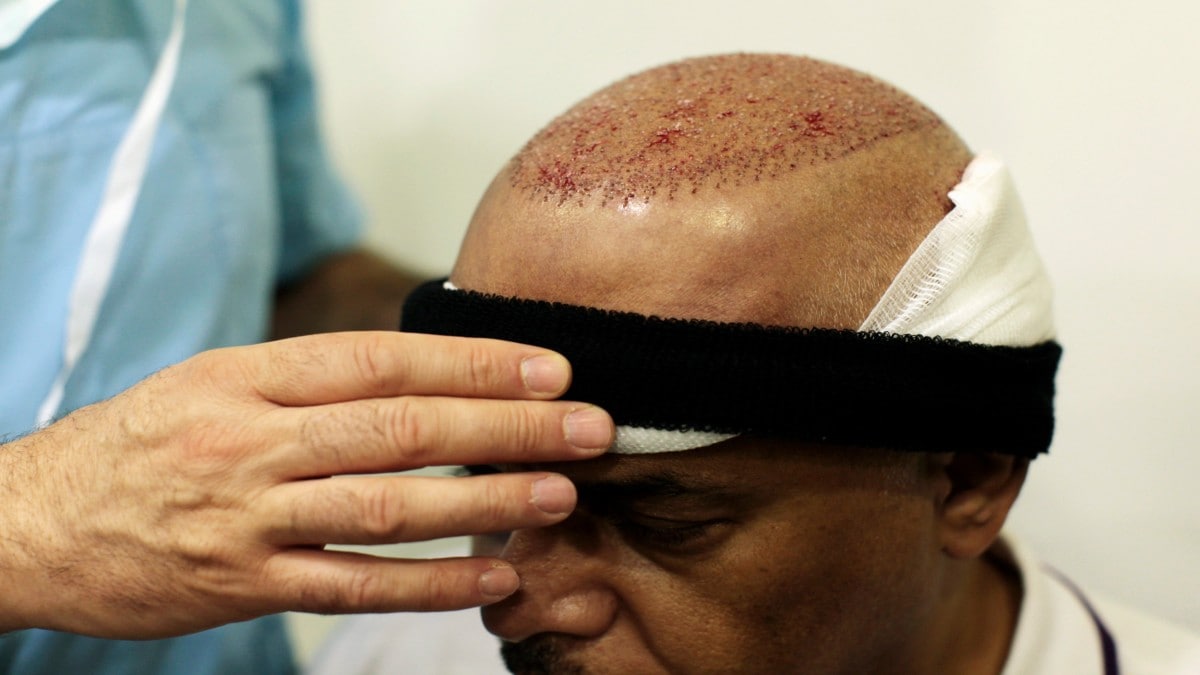

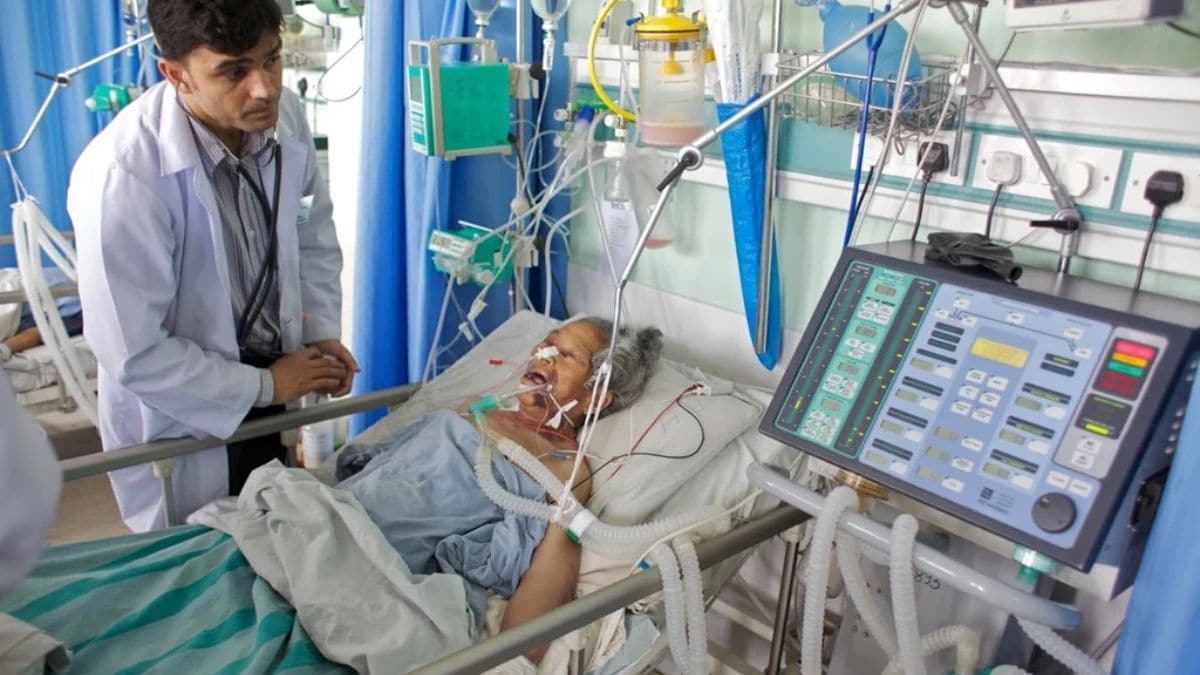
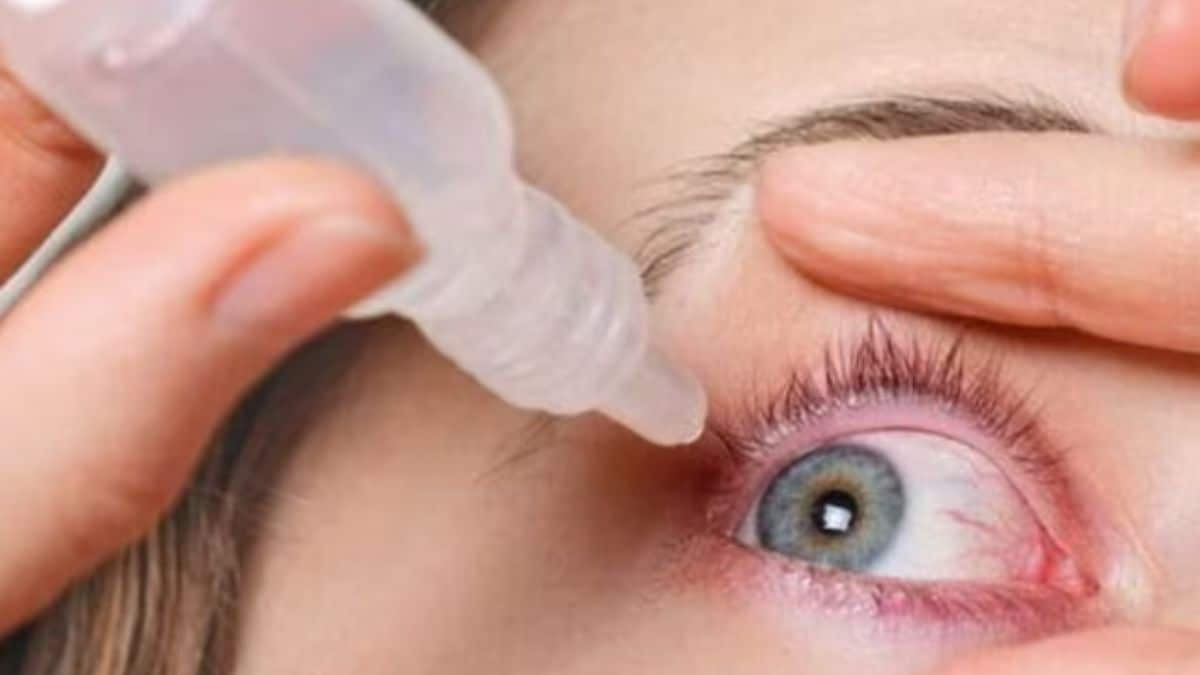


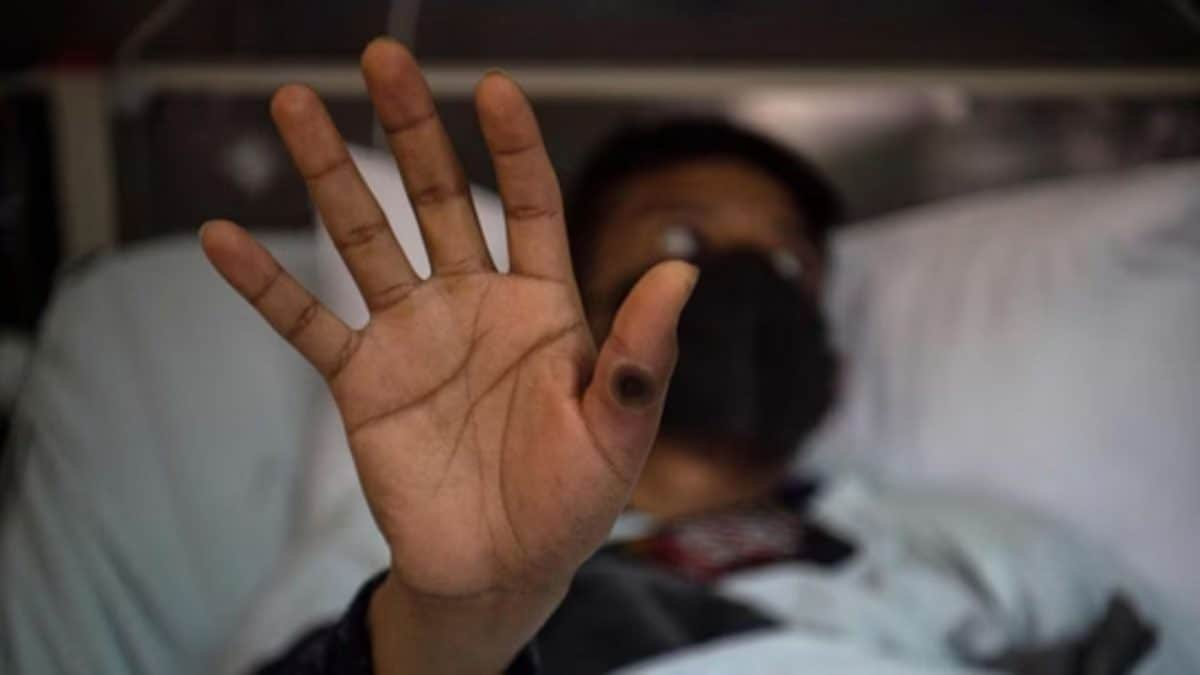


)
)
)
)
)
)
)
 English (US) ·
English (US) ·